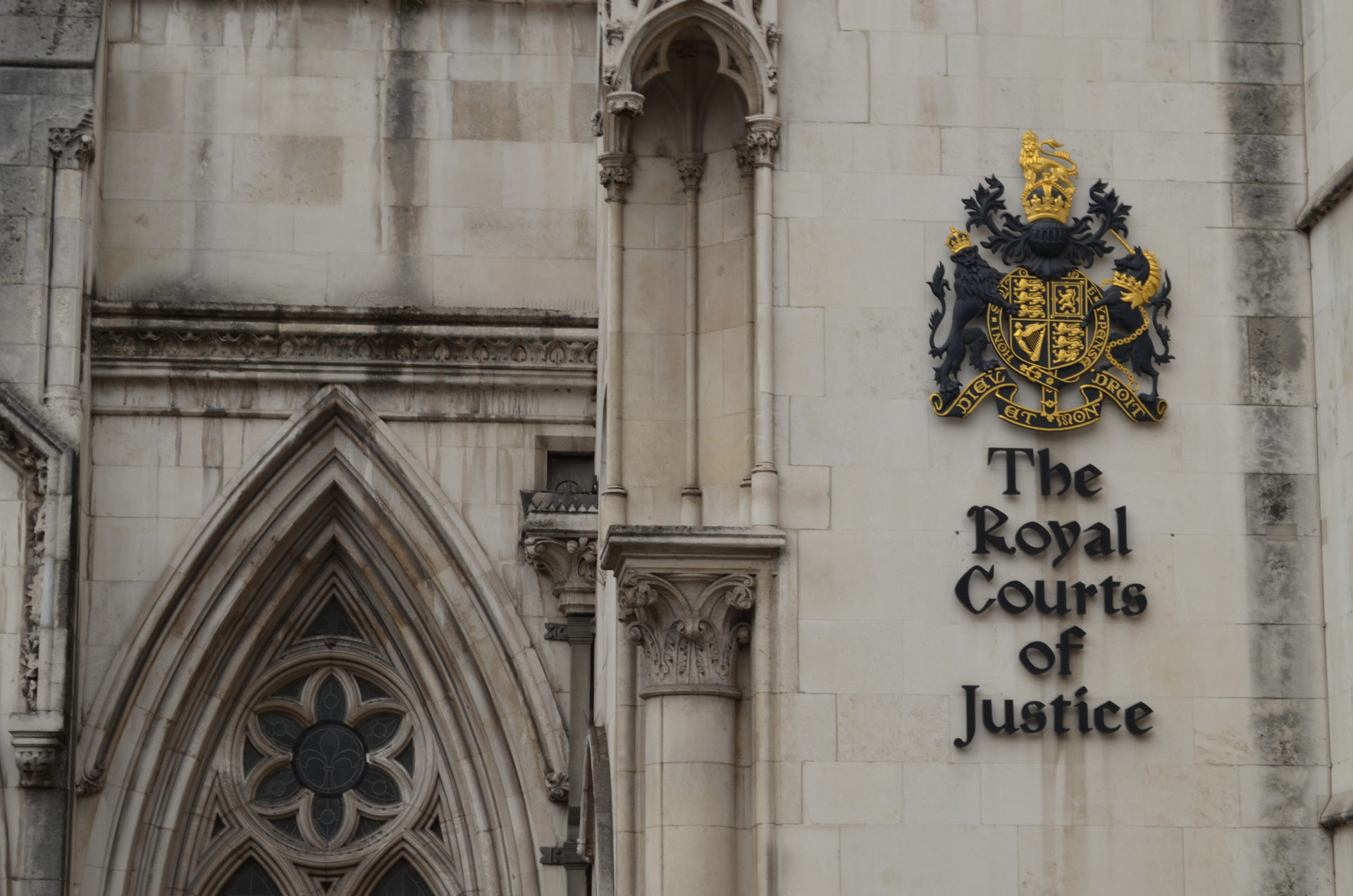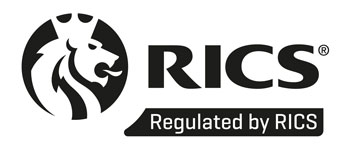myleasehold’s valuers are regularly asked to provide expert testimony before the residential property tribunals, and the County and High Courts. We are often asked what is an expert witness, and what must an expert witness do?
What is an expert witness?
Interestingly, none of the bodies at which we are most often called to act as expert witnesses provide little guidance on this point. The First-tier Tribunal (Property Chamber) rules do not define what constitutes an expert witness at all, and whilst the Civil Procedure Rules (which apply to the County and High Courts) do provide a definition, it doesn’t shed much further light on the matter, simply stating:
“ A reference to an ‘expert’ in this Part is a reference to a person who has been instructed to give or prepare expert evidence for the purpose of proceedings.”
Luckily, there is a wealth of case law on available, and the most widely accepted definition of an expert witness is older than many of the properties we are likely to have to value! It was provided in the case of Dole v Johnson, an 1870 case before the New Hampshire Supreme Court, before subsequently being adopted by the Stroud’s Judicial Dictionary.
“ …one who has made the subject upon which he speaks a matter of practical study, practice or observation; and he must have a particular and special knowledge of the subject.”
In practical terms, the essential attribute of expert evidence is that it is based on the opinion of the expert as witness as opposed to factual evidence provided by a witness.
Along with being regulated by the rules of the court or tribunal to which the expert witness is giving evidence, as members of the RICS our experts are also governed and guided by the RICS Practice statement and guidance note “Surveyors acting as expert witnesses” (4th edition).
Who does an expert witness owe their duty to?
An expert witness always owes their primary due to the court or tribunal they are giving evidence before.
The RICS Guidance note is very clear on the matter, stating:
“ Your overriding duty as an expert witness is to the tribunal to which the expert evidence is given. This duty overrides any contractual duty to your client. Your duty to the tribunal is to set out the facts fully and give truthful, impartial and independent opinions, covering all relevant matters, whether or not they favour your client. This applies irrespective of whether or not the evidence is given either under oath or affirmation.”
Therefore the role of the EW is never to merely articulate the position of their client or seek to persuade the tribunal of it’s virtues, but simply to put forward their impartial and honest opinion.
What should I do before instructing an expert witness in a valuation case?
Firstly, you should ask the expert to confirm they have the ability to act impartially, that they have the required experience, knowledge and expertise as appropriate, and that they have the resources and time to complete the work to the required standard.
Secondly, there are certain key things an expert must do before agreeing to your instruction. They must (among other things and this list is by no means exhaustive):
- Advise you (the client) in writing that the RICS Practice Statement (if they are an AssocRICS, MRICS or FRICS) and the rules of the Tribunal or court will apply to your instruction;
- Offer to supply you with a copy of the client guide to the RICS Practice Statement (if they are an AssocRICS, MRICS or FRICS; and
- Notify you (the client) that their firm’s internal Complaints Handling Procedure will not apply as the expert’s duty is to the court or tribunal.
How should an expert witness be paid?
Both tribunals/courts and the RICS are clear on this – an expert witness (when not also acting as an advocate) must never be instructed on any form of conditional success-based arrangement. For all expert witness work, myleasehold bill either on an hourly rate or a fixed fee, as appropriate to the circumstances and as agreed with the client.




